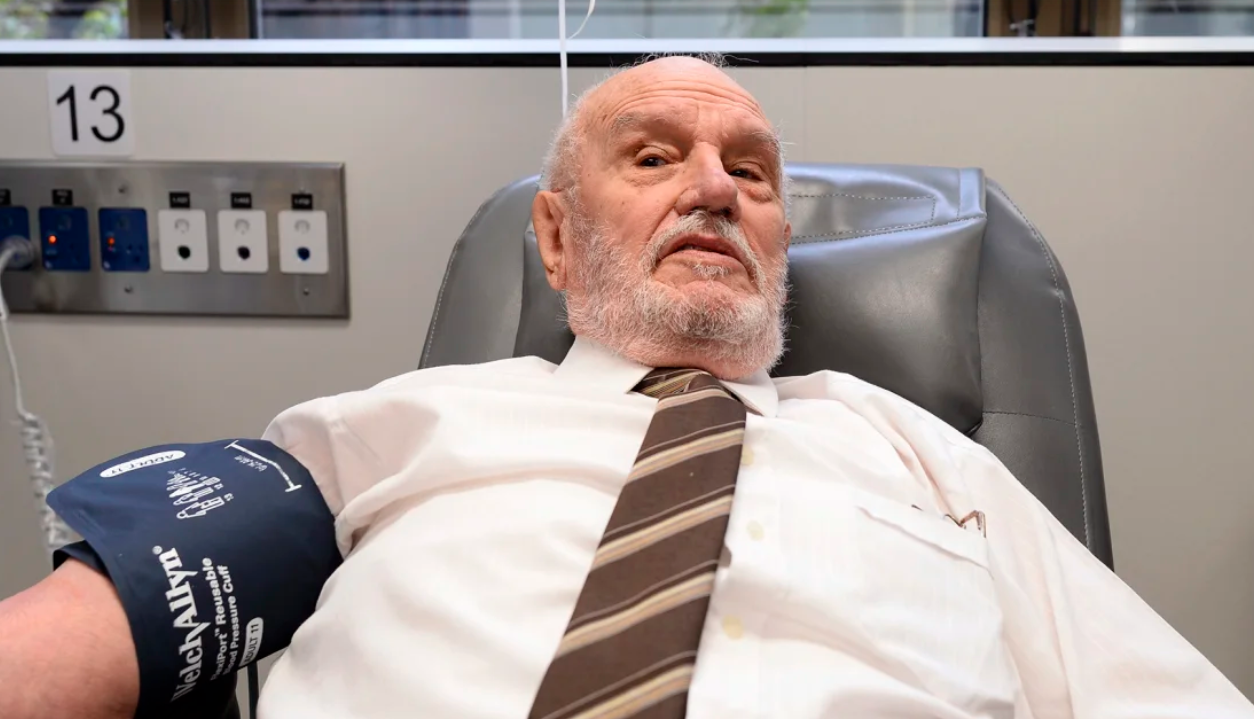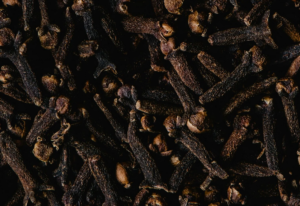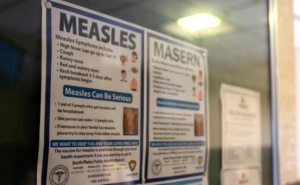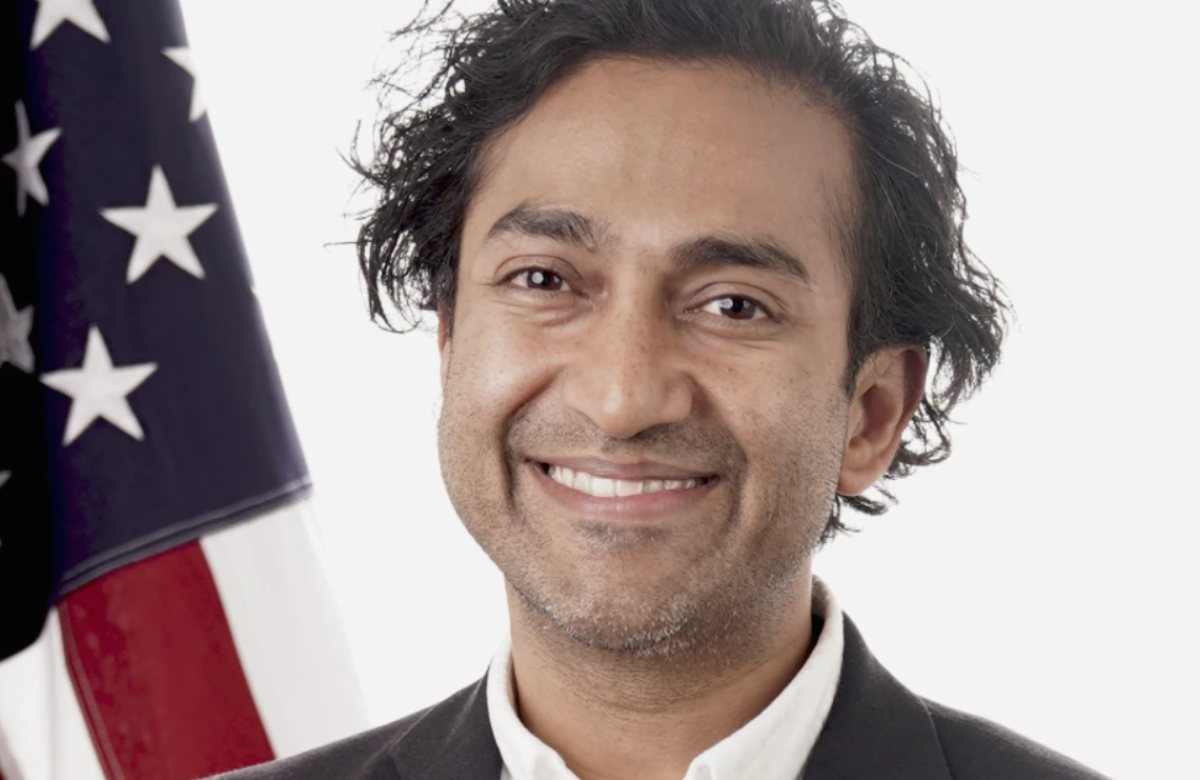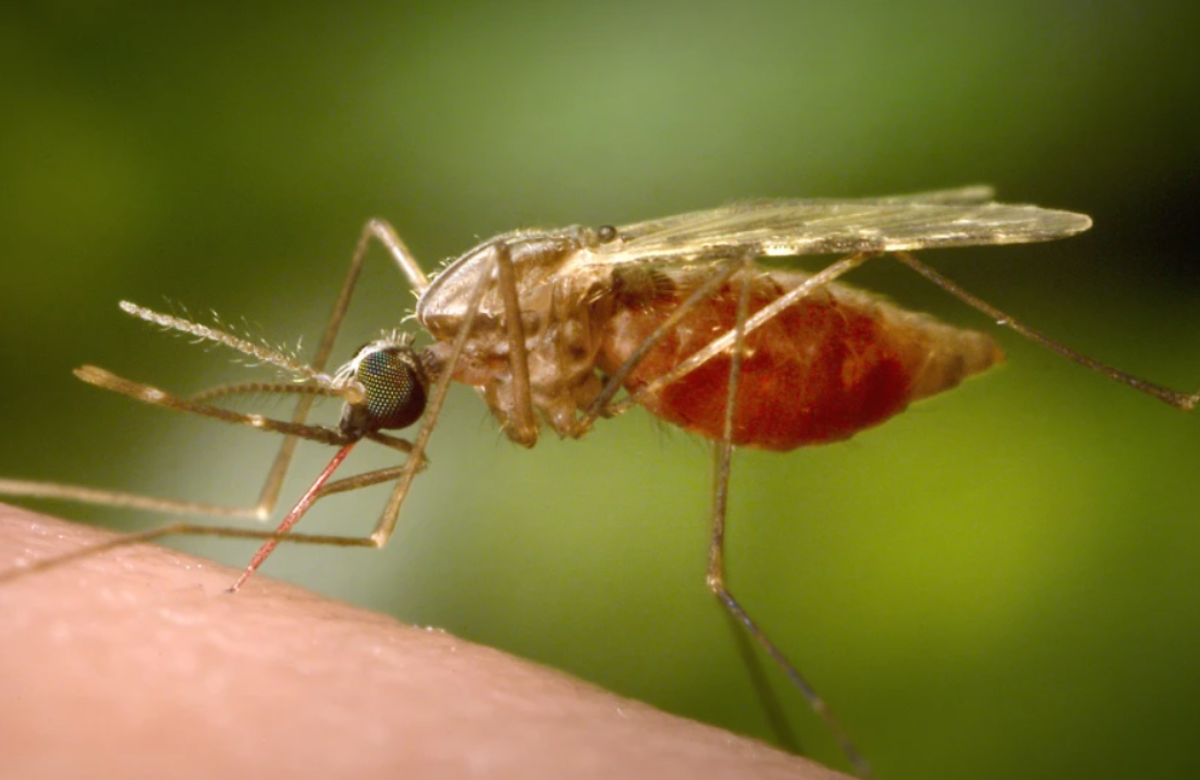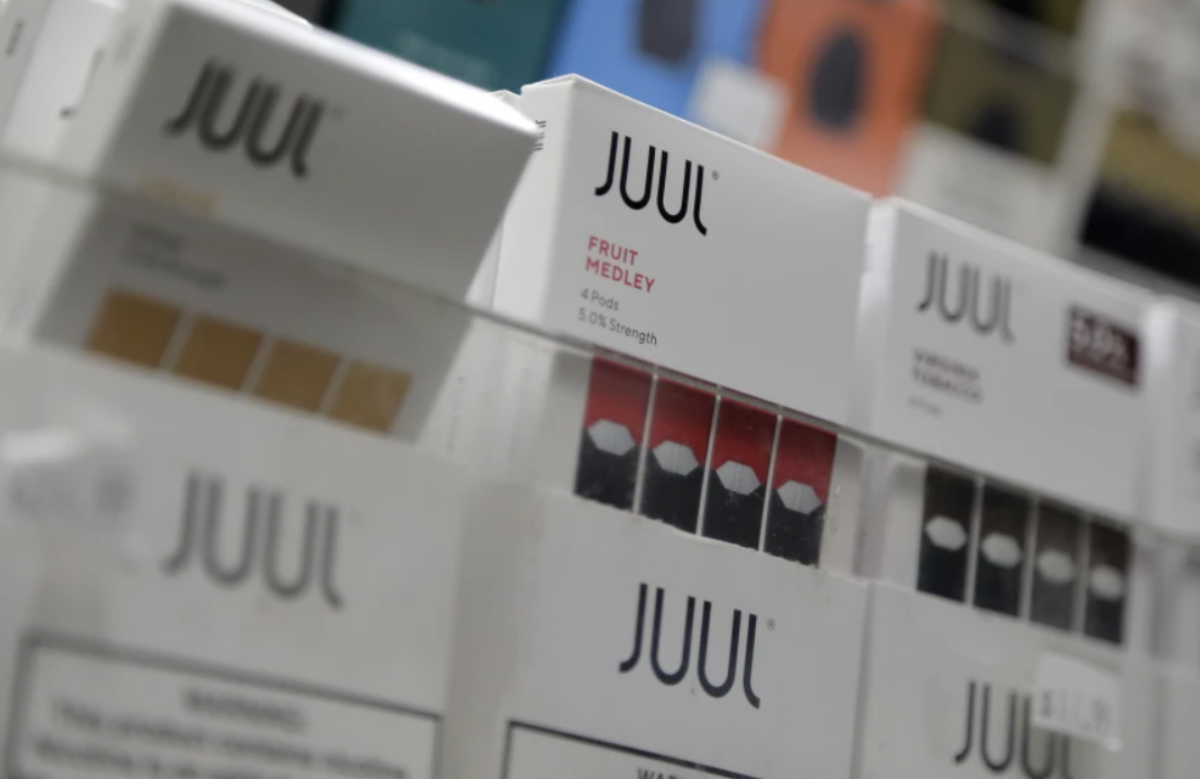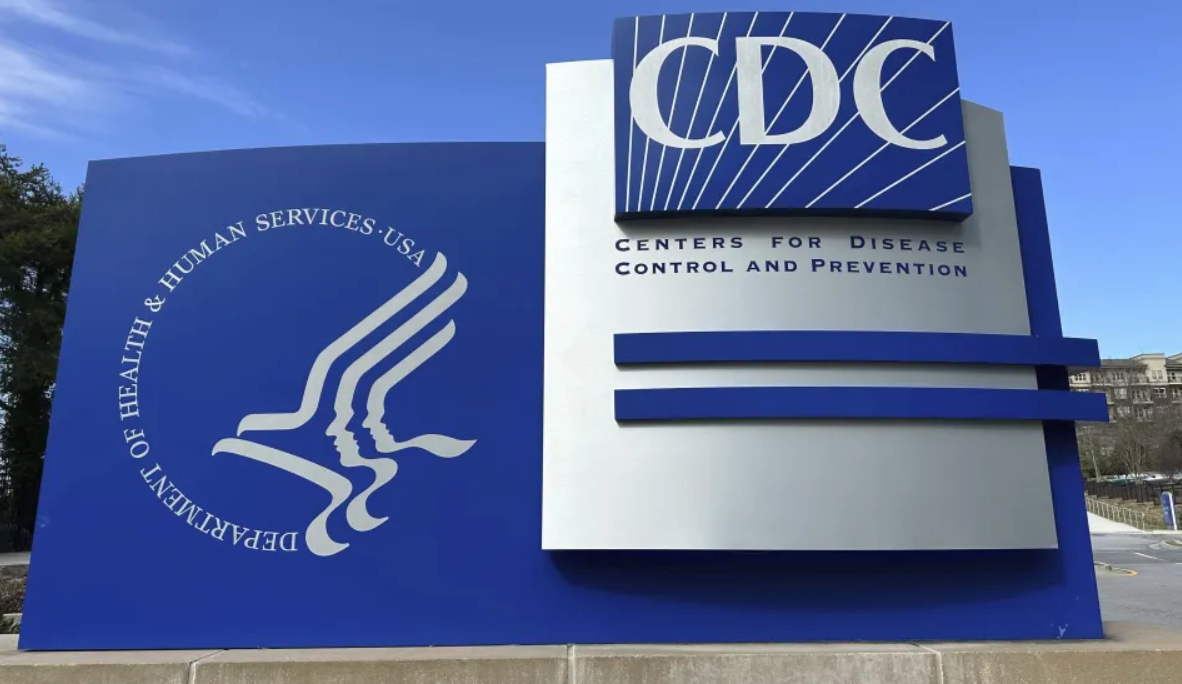James Harrison, an Australian blood donor renowned for saving over two million babies’ lives, has passed away at the age of 88. His blood contained a rare antibody called Anti-D, which played a crucial role in preventing Rh disease in newborns. Harrison donated blood more than 1,100 times, a remarkable feat that earned him the nickname “Man with the Golden Arm.”
He passed away peacefully in his sleep at a nursing home north of Sydney on February 17. Harrison’s passion for blood donation was sparked by his own experience with blood transfusions following lung surgery at the age of 14.
Starting at 18, he donated plasma every two weeks until he turned 81, which marked the age limit for blood donations in Australia. Harrison’s selflessness and commitment to helping others have been widely praised, with Lifeblood CEO Stephen Cornelissen acknowledging his extraordinary contribution.
James Harrison, known for his extraordinary generosity, is remembered as a man with a kind heart and a deep commitment to helping others throughout his life. His dedication to blood donation touched the lives of countless people worldwide. Harrison donated plasma 1,173 times, saving the lives of over two million babies, yet he never sought anything in return for his efforts.
Stephen Cornelissen, CEO of Australian Red Cross Lifeblood, praised Harrison’s selflessness, describing him as a remarkable and stoic individual who extended his help without hesitation or expectation.
Harrison’s daughter, Tracey Mellowship, reflected on her father’s humanitarian spirit, noting that his donations helped create families, including her own. She shared how proud he was of saving so many lives, without causing harm or cost to himself, and how happy he was to hear about families that existed because of his donations.
The blood plasma donations made by Harrison contained a rare antibody known as Anti-D, which is used in a medication to prevent rhesus disease in unborn babies. This condition occurs when a mother with rhesus-negative blood carries a baby with rhesus-positive blood, which can cause the mother’s body to attack the baby’s red blood cells.
If a mother has been exposed to rhesus-positive blood, typically during a previous pregnancy with a rhesus-positive baby, she may develop antibodies that attack the baby’s “foreign” blood cells. In severe cases, this can lead to brain damage or even death for the baby.
Anti-D, created using Harrison’s antibodies, prevents women with rhesus-negative blood from producing antibodies against RhD during pregnancy, protecting their unborn children.
Harrison’s discovery of this rare antibody was a groundbreaking development, as Australian officials pointed out. Before the discovery in the late 1960s, thousands of babies in Australia were dying each year due to a condition doctors couldn’t understand, with many women suffering multiple miscarriages or giving birth to babies with severe brain damage.
Australia was one of the first countries to identify a blood donor with this life-saving antibody, a breakthrough that revolutionized medical practice at the time.
Harrison, hailed as a national hero, received many honors for his selfless contributions, including the prestigious Medal of the Order of Australia, one of the country’s highest recognitions.
